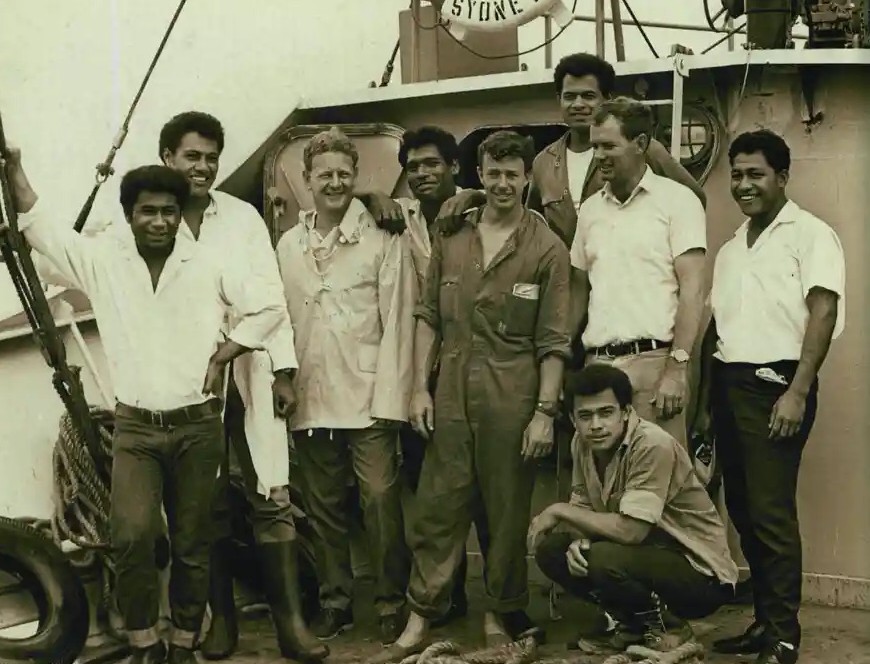Stolen Boat, 15 Months Adrift: The Real Teen Survival Nightmare Across the Open Ocean
In 1966, six teenagers from Ha'afeva Island in the Tonga archipelago decided to seek an after‑school thrill. They walked to the beach, stole a fishing boat, and launched into the open sea. They expected a short fishing trip and a quick return home, but the voyage would stretch into a fifteen‑month ordeal. They drifted farther from land, unaware of the life‑or‑death test that lay ahead as storms gathered and the world they knew fell away behind them.
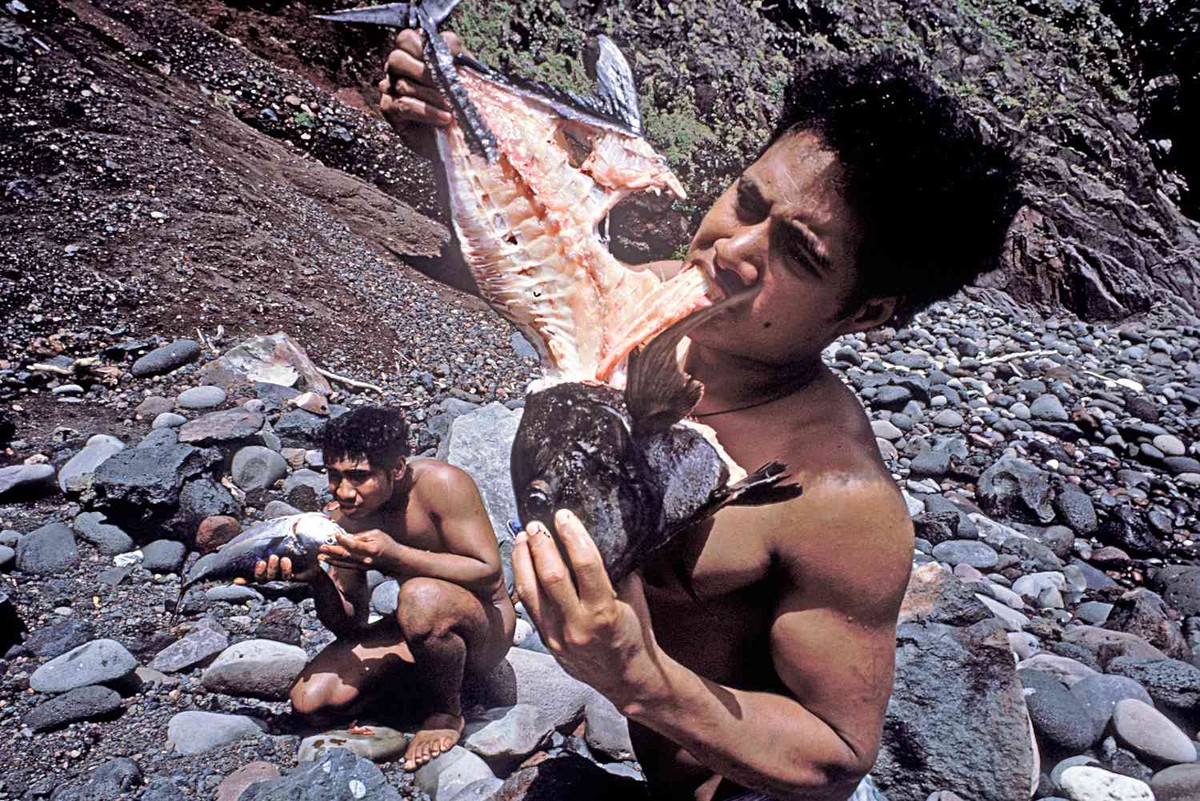
In This Article:
The Storm That Pushed Them Off Course
Hours after setting sail, the boys were already far beyond the lights of Nuku’alofa, their port. Dawn brought a furious storm: wind sharpened into gales, waves rose, the sail tore, and the anchor snapped from its chain. Some boys cried; others did what they could to improvise, fashioning tiny rainwater collectors from metal cans and clinging to any sign of rescue. For eight harrowing days the boat drifted with the sea until Ata Island appeared on the horizon, about 150 kilometers from where they started.
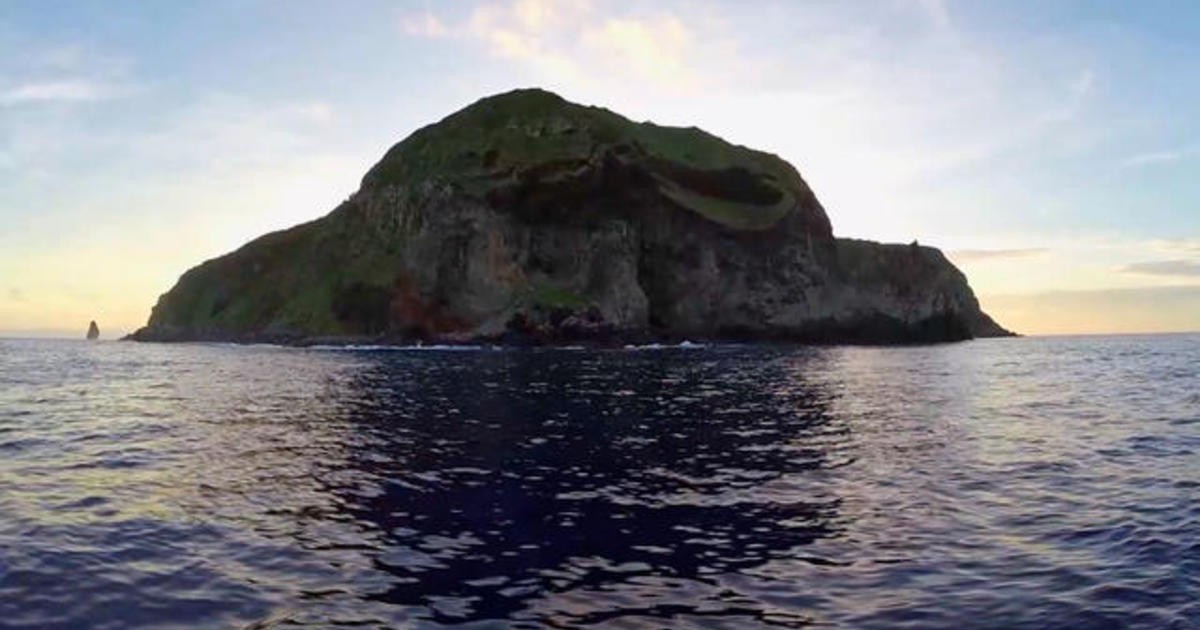
Ata Island: A Rocky Exile and a Fight to Survive
Ata was not a postcard paradise. It rose from the sea with sheer cliffs and relentless surf. The boys faced the grim reality that they could be stranded for a long time. They learned to hunt seabirds and eat their eggs; thirst pressed hard, and they drank blood to stay alive as rain was scarce. They built a small hut from branches and planks, and it took them three months to coax a fire to life. Their diet on the island included fish, papaya, mango, and coconuts. A month after landing, they even tried to build a raft to escape, but the attempt failed.
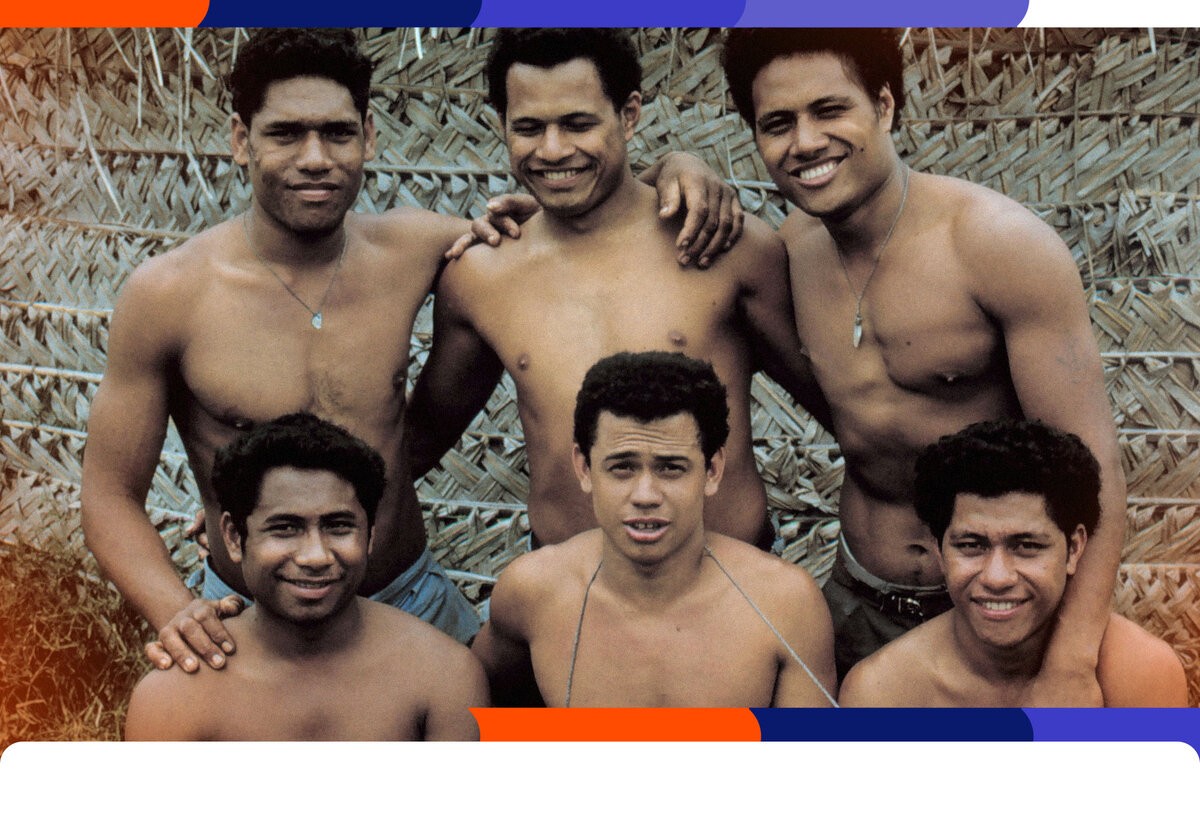
Desperate Rescue: The Ship That Found Them
More than a year at sea ended with a break in the horizon. A small ship appeared, and one boy leaped into the water and swam toward the vessel, hoping to reach help from Peter Warner, an Australian adventurer exploring the area. The crew hesitated, thinking the boys might be savages until one of the teens, who spoke a little English, explained their plight. Warner allowed them aboard, fed them, clothed them, and ferried them back to Tonga.
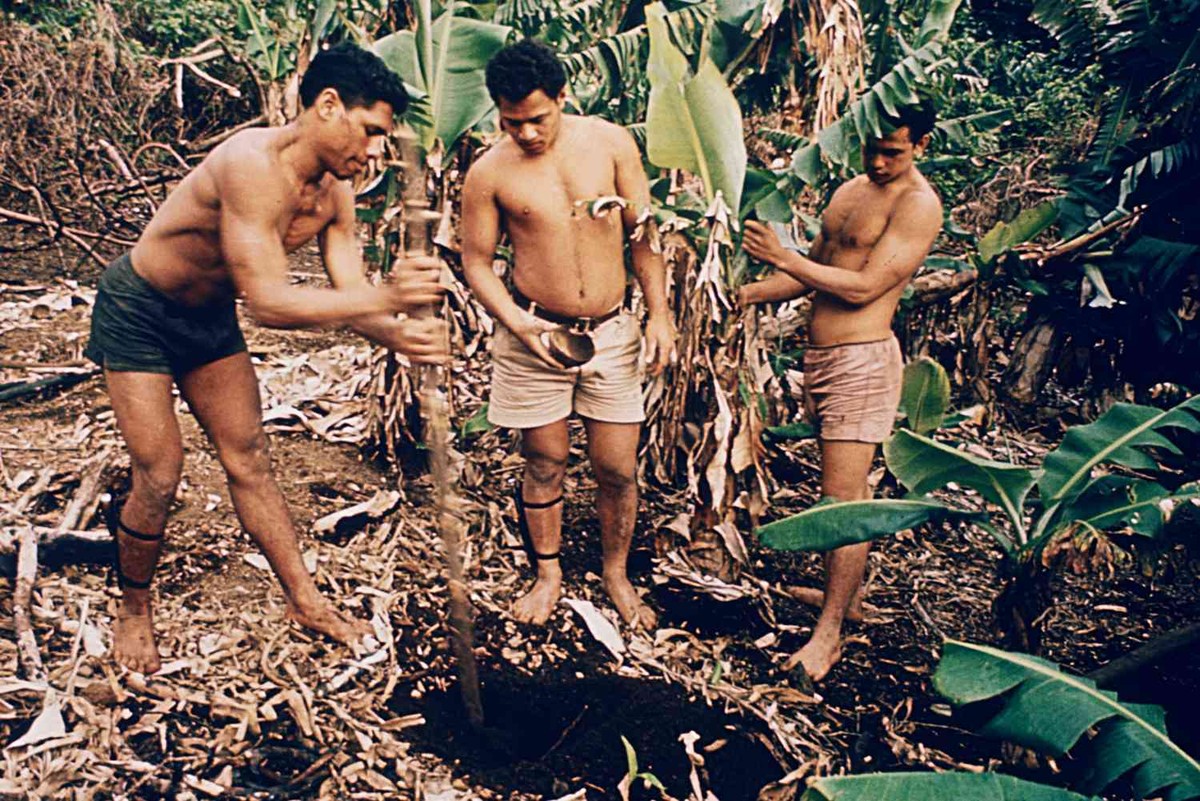
Aftermath, Accountability, and a Cinematic Legacy
Back on land in Tonga, the teenagers faced arrest for stealing the eight‑meter boat. Peter Warner stepped in again, selling their story to an Australian channel and using the proceeds to compensate the boat’s owner; the charges were ultimately dropped. The ordeal left deep scars, but the teens say they learned more on that island than in years of school. Their extraordinary survival inspired cinema: an Austrian feature film, followed by a documentary by Álvaro Sereso. For more stories, see our Telegram channel.
